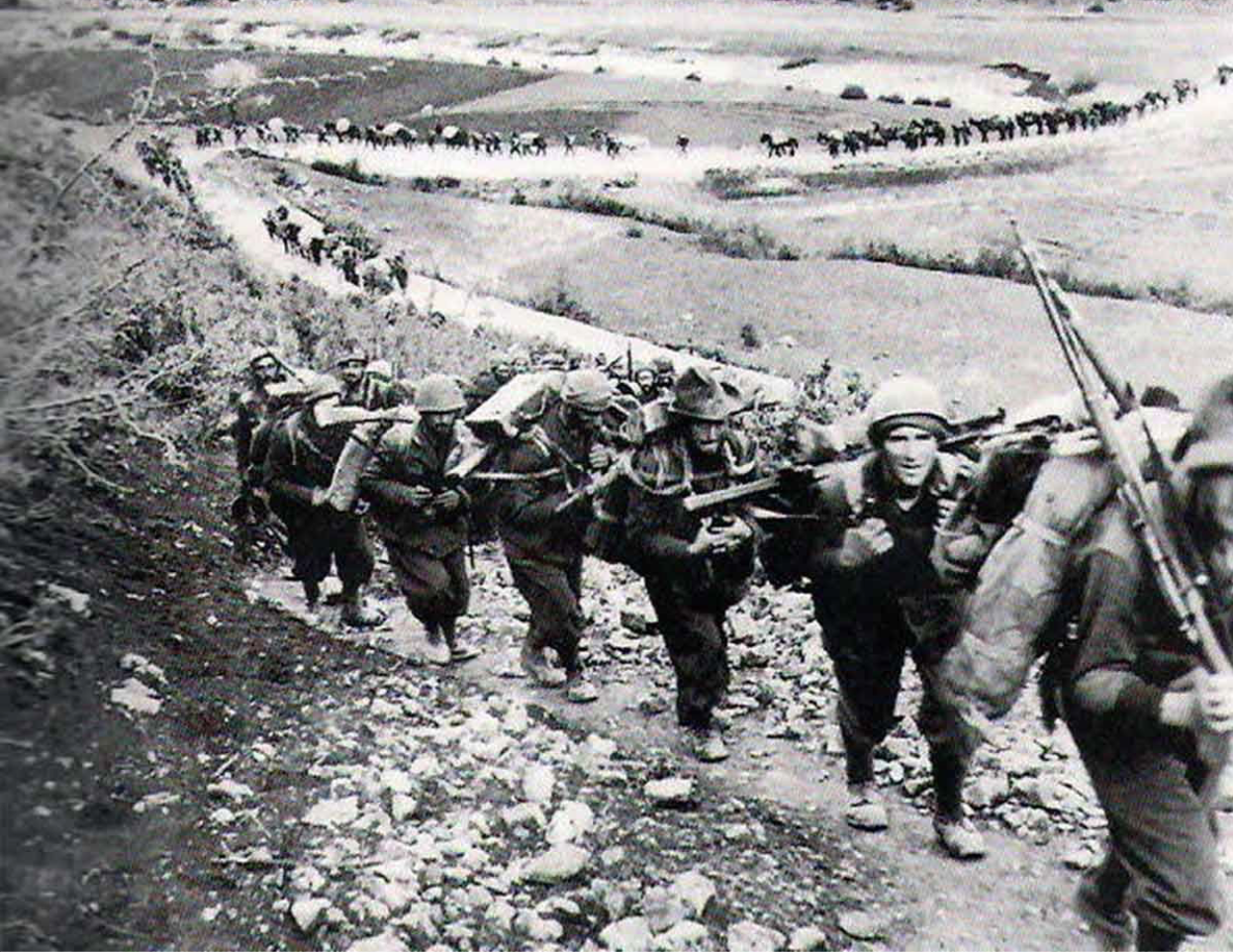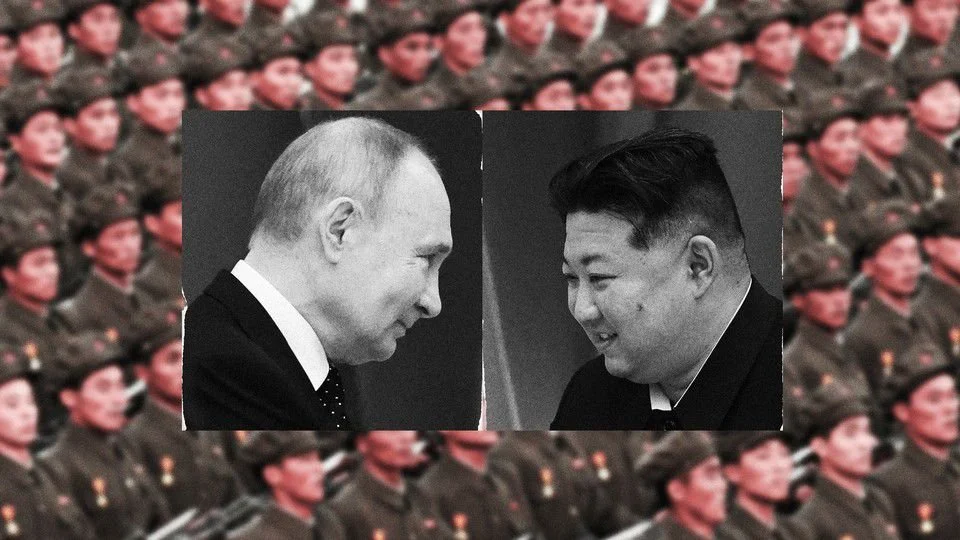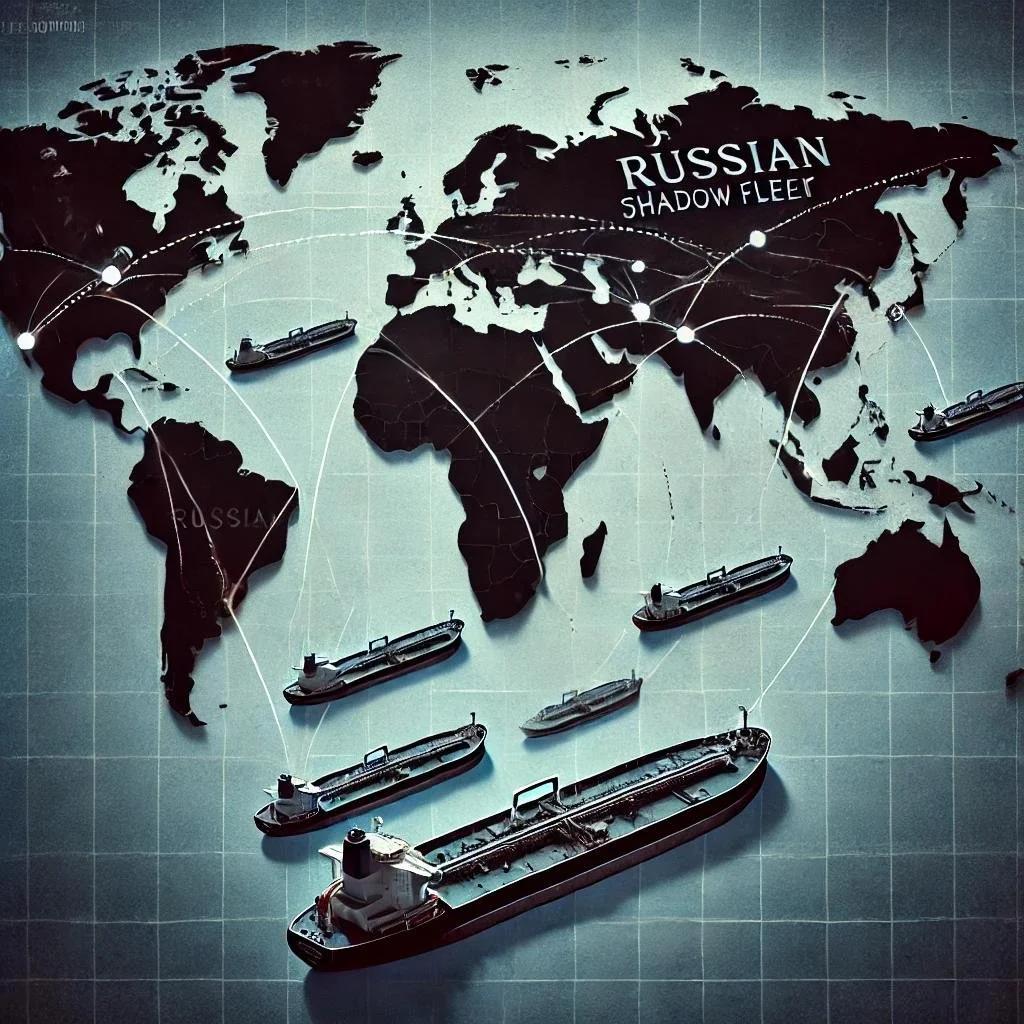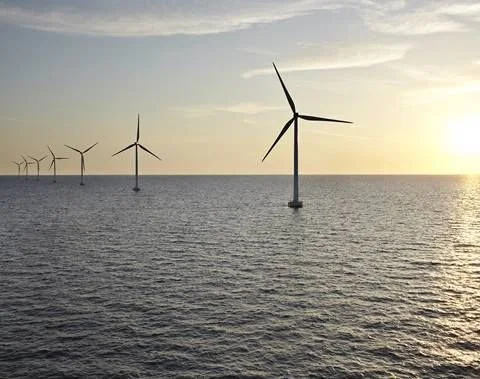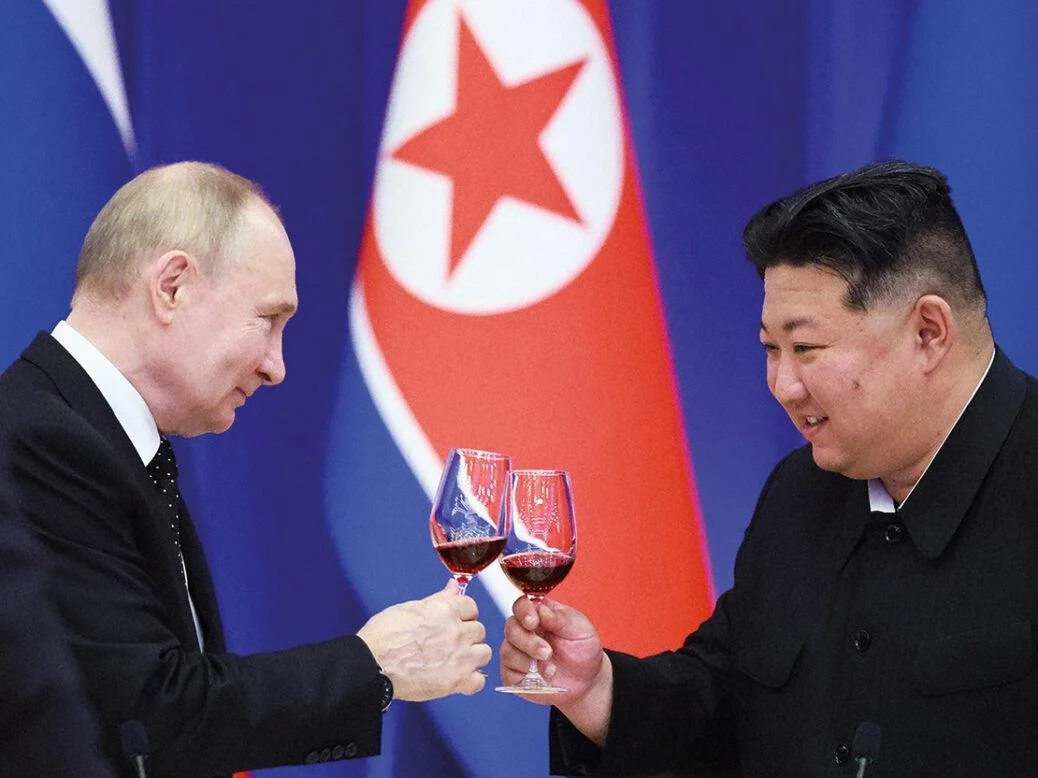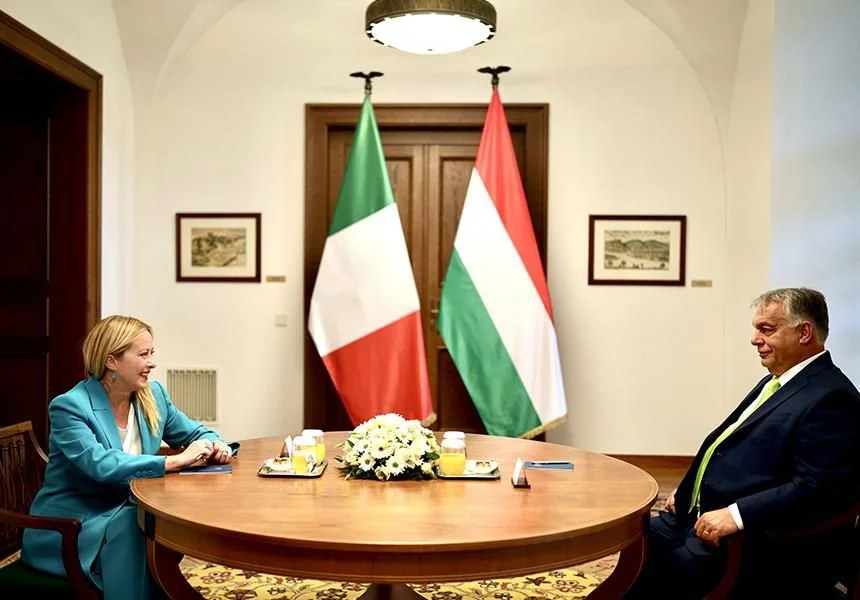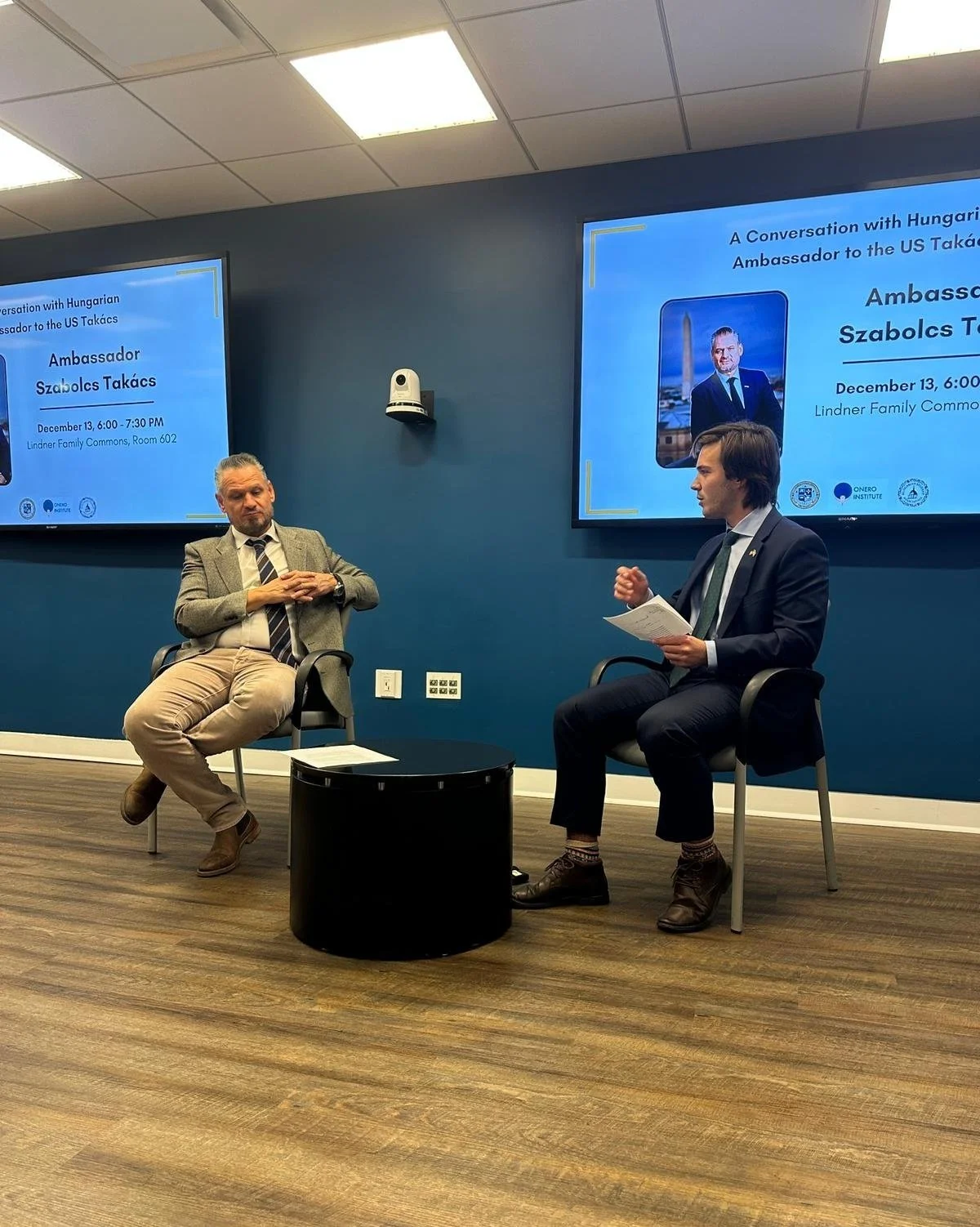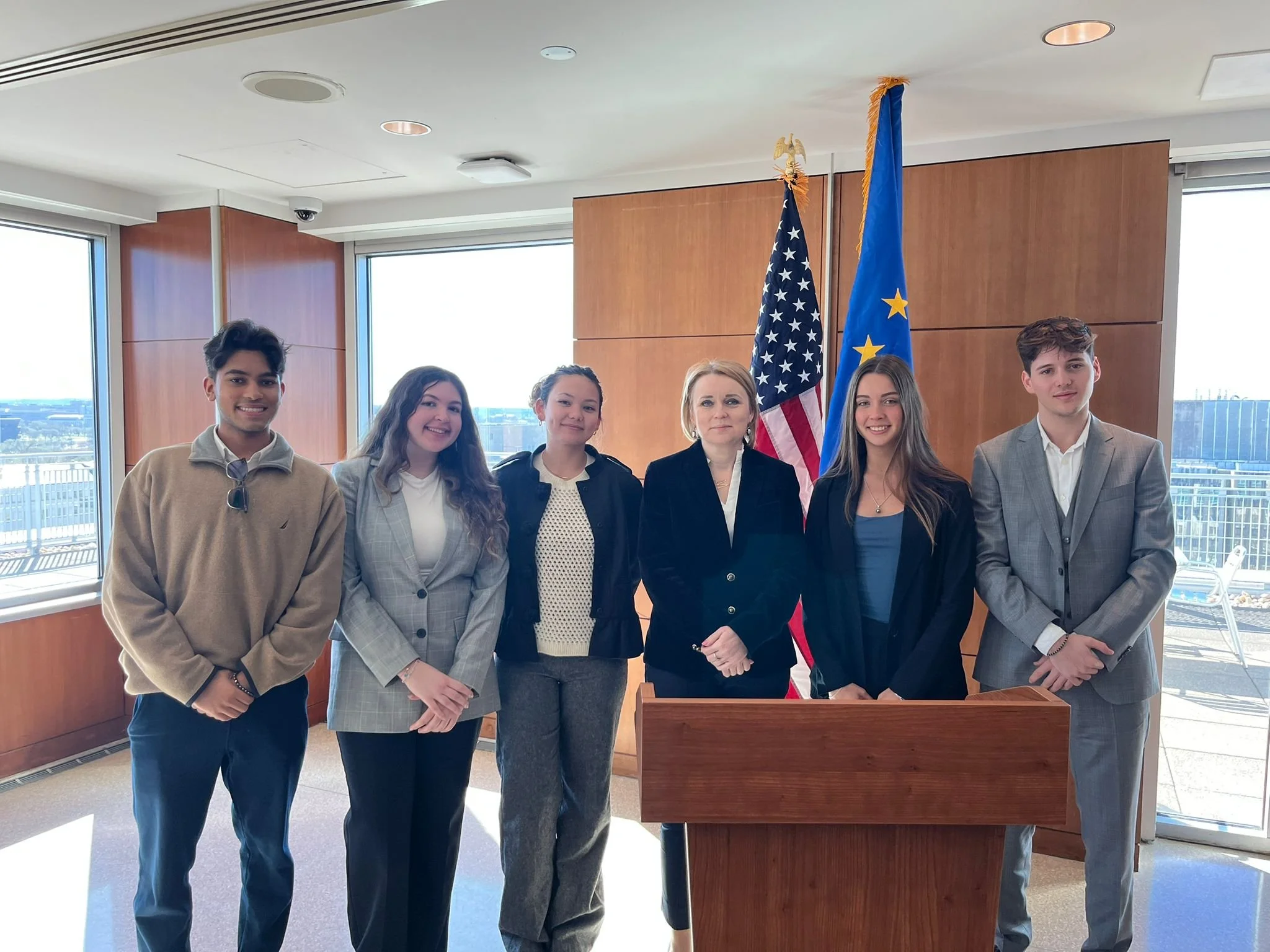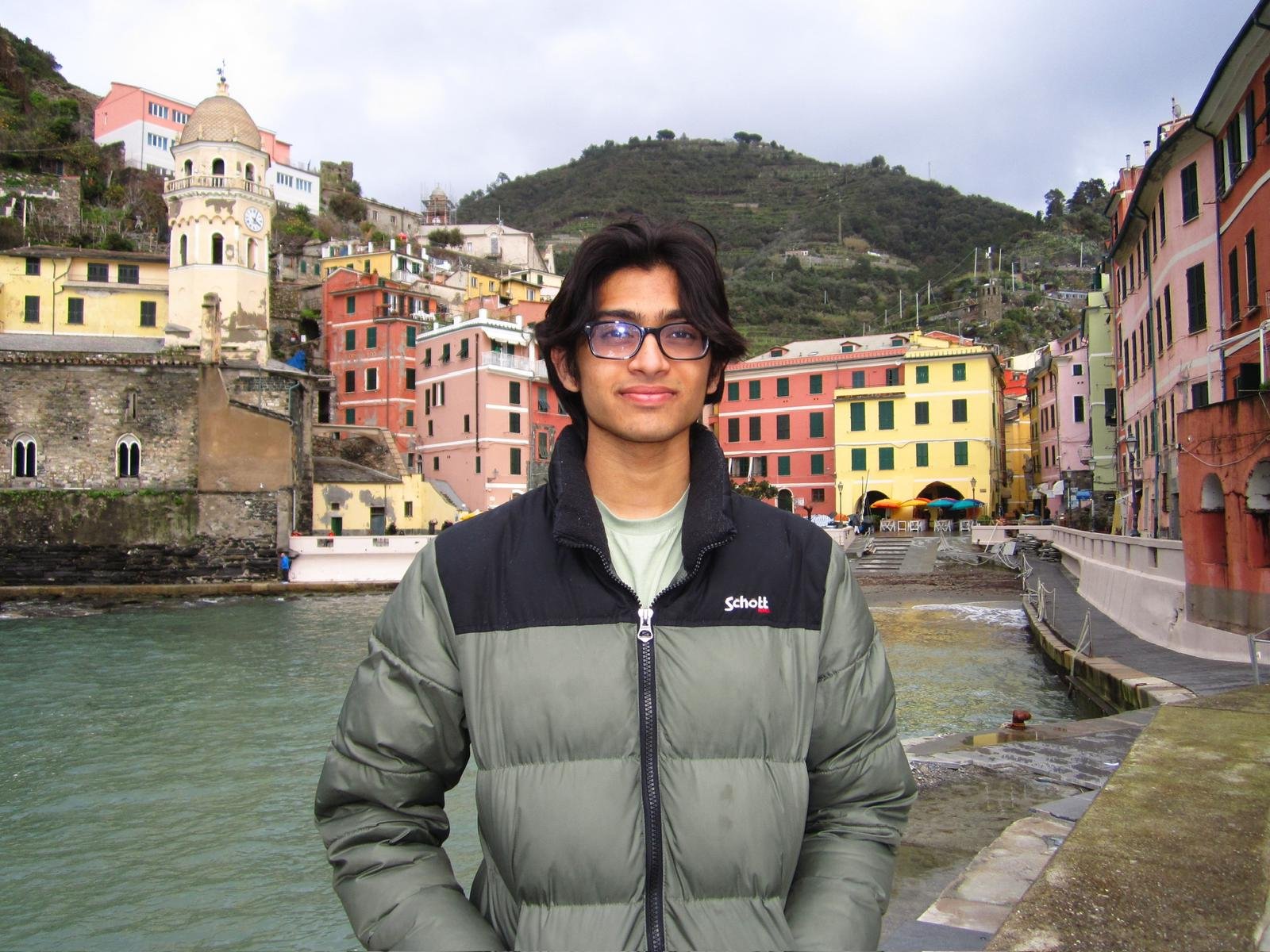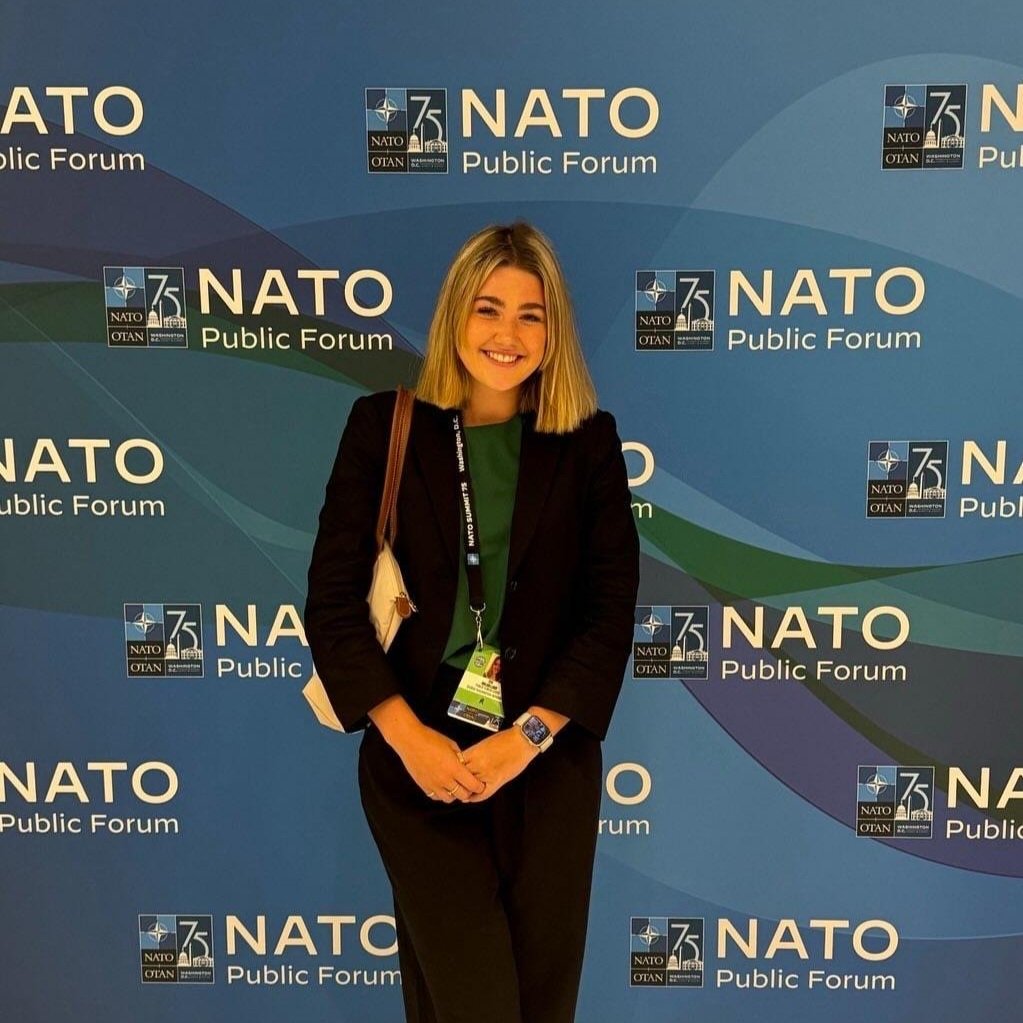
Onero Institute European Regional Program
The European Regional Program seeks to provide students with the opportunity and resources to add their insights into European and Europe-related history, current events, politics, and culture to the public discourse.
Read the previous semesters’ articles
Click the image to view
Click the image to view
Have something to say? Submit an article
Who?
• We’re open to students and recent graduates hoping to build their portfolios.
What?
• We can help you publish papers and articles you’ve written related to Europe. Whether for a class or your own enjoyment, our goal is to help you get your content seen.
How?
• Click the button, share your article with us, and we will get back to you as soon as we can with feedback and next steps.
Recent articles
Events
Our Team
Luca Guerzoni (GWU)
Program Director
Polina Chubarova (GWU)
Director of Logistics
Elek Krizsán (GWU)
Advisor, Former Program Director
Kate Capparelle (GWU)
Contributor
Zenisha Arora (GWU)
Contributor
Todd Meltzer (GWU)
Contributor
Nick Dohr (Tufts University)
Contributor
Matt Trunkey (GWU)
Contributor
Sahib Singh (GWU)
Contributor
Surya Ambatipudi (GWU)
Contributor
Sapna Suresh (GWU)
Contributor
Moss Gillespie (GWU)
Contributor
Chaewon Hong (GWU)
Contributor
Saiyam Shah (GWU)
Contributor
Eva Mulholland (GWU)
Contributor
Raihan Choudhury (GWU)
Contributor
Beatrice Ehrhardt (Univ. of Glasgow)
Contributor
Pauline Perrotin (GWU)
Contributor
Erwan Lagadec (GWU)
Conrad Goerl (GWU)
Contributor
Stanislaw Biskupski (GWU)
Contributor
Sahib Singh
Contributor
Antoine Felitti (Sciences Po)
Contributor
Lara Gila (Sciences Po)
Contributor
Francis Stafilopatis (GWU)
Contributor
Our Advisors
Charlie Poulos (GWU)
Contributor
Logan Hall (GWU)
Contributor
Larissa Iannella Oliveira (GWU)
Contributor













